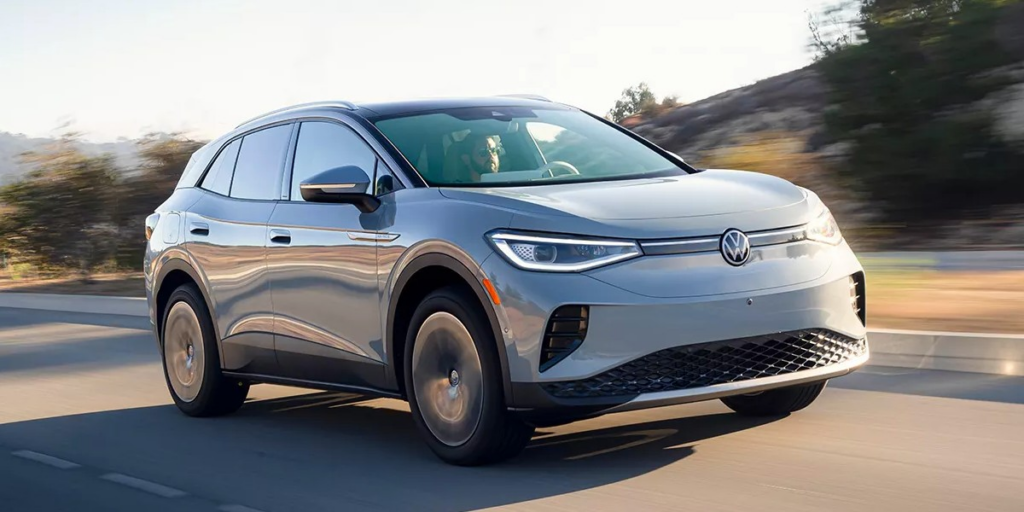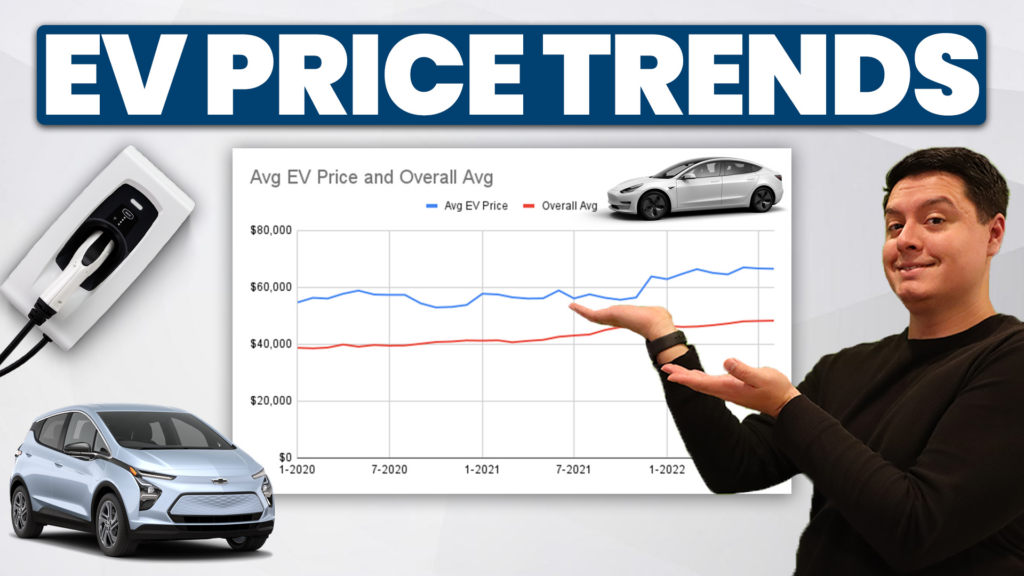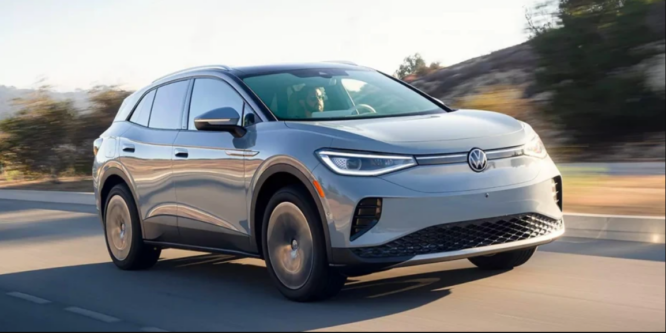Electric cars were automotive industry outcasts. Many car enthusiasts found hybrids like the Toyota Prius weak and boring. EV skeptics thought electric cars would never be as practical as internal combustion engine cars.
The largest change in decades is the electrification of major car categories. The new average EV transaction price hints at what the electric future may look like and when change may happen.
Cheaper electric cars
InsideEVs reports that the average EV pricing is $55K. Electric vehicle transaction prices are dropping $10,000 year. A 15% price drop in a year.
Since new cars cost $50,000, this average transaction price decline is considerable. EVs are becoming quite affordable. What’s more intriguing for lovers of EVs is the fact that the production and research process is still in its early phases for most automakers.
Price wars will make EVs cheaper if automakers manage electric car production, prevent recalls, and maintain good profits. The Tesla Model Y and Ford Mustang Mach-E are already impacted by a pricing war. Chevrolet is replacing its electric SUV with the Equinox EV on the Ultium platform.
Most major players are on board, and the next few moves will change transportation. Automakers can easily sell over a million small electric SUVs in the United States in 2023 based on current Model Y sales numbers.

The Tesla Model Y base model’s starting price is surprisingly reasonable when the tax benefit is taken in. EV takeover circumstances are ideal.
Which electric cars are more influential?
Tesla Model Y, Volkswagen ID.4, and Ford Mustang Mach-E are among the most influential electric automobiles. The Model Y has taken over the world and is even outselling the Toyota RAV4. The Volkswagen ID.4 delivers tremendous value and has made enormous gains in Europe.
Despite reliability difficulties, Ford’s Mustang Mach-E is winning over customers. The Ford F-150 Lightning electric pickup truck stormed the nation.
The Chevy Bolt EV, made by General Motors, was popular until its battery overheated. Hyundai Motor Company’s Ioniq 5 compact SUV received several honors and laid the way for its Ioniq 6 electric car.

There are lots other impactful EVs on the market, but so far, Tesla and Volkswagen are responsible for a substantial part of the worldwide EV market share. From 2021 to 2022, PBS data shows battery electric vehicle market share soared.
What’s next for EVs?
The electric future is here. A few years ago, EVs seemed like a distant future. Charging infrastructure evolves. EVs are getting cheaper. When automakers vowed to electrify 40% of their portfolios by 2030, it seemed unattainable.
Electric car nameplates will make history in the coming several years. The Volkswagen ID. Buzz and Tesla Cybertruck may become popular. Wait and see.

